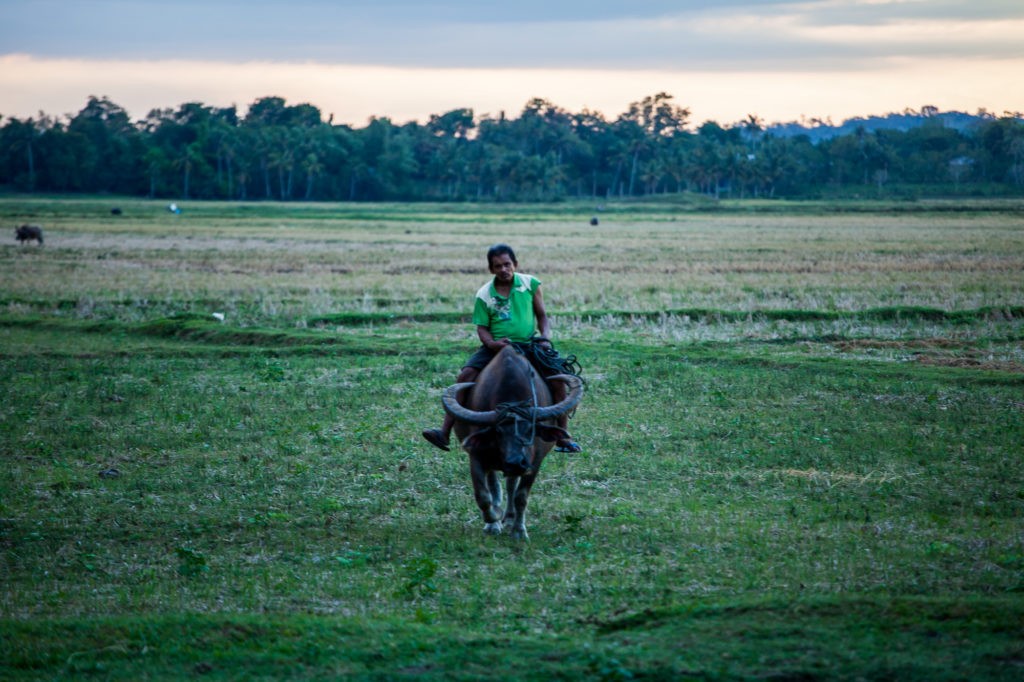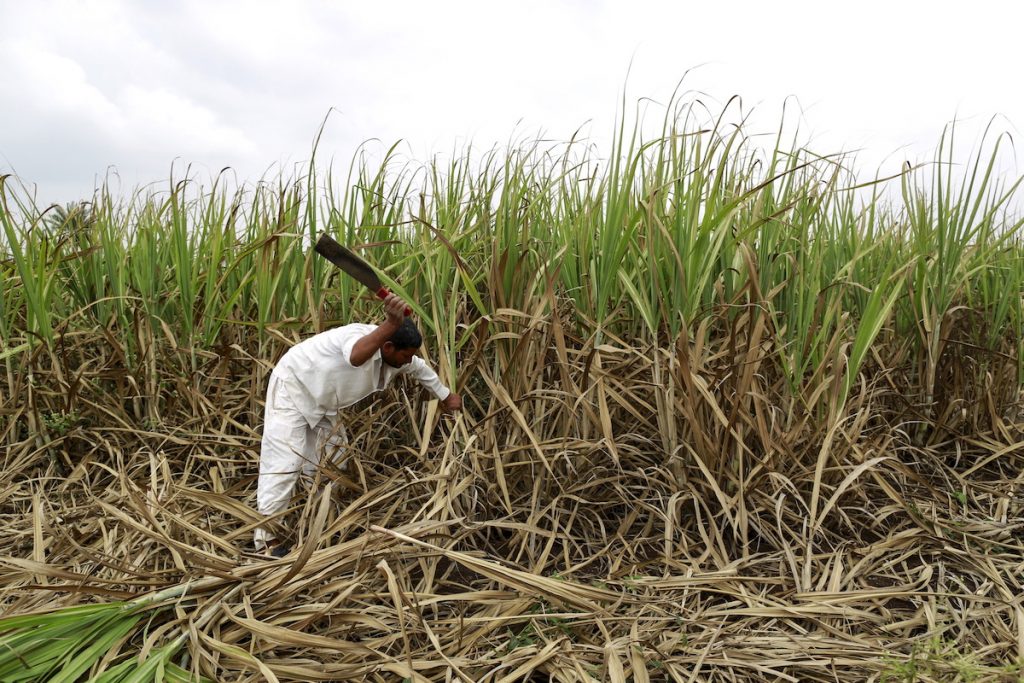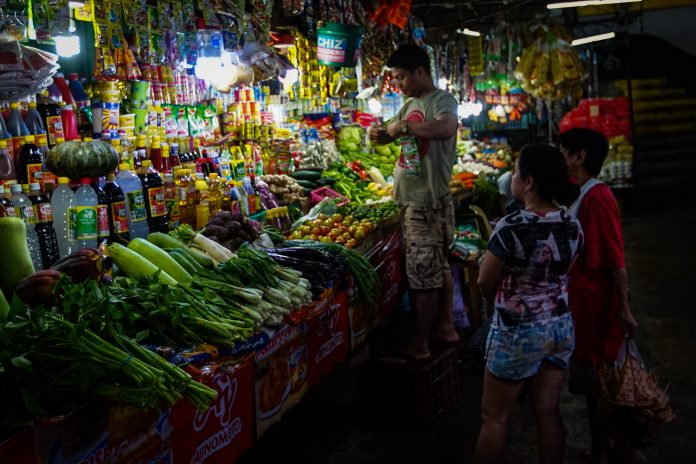“Bahay Kubo” vegetable prices spiked P10-P100 per kilo in major cities last week. Eggplant, tomato, gourd, squash, radish, mustard, beans are becoming unaffordable for urbanites. Imported from China, lettuce hit P380 and cabbage P60 per kilo.
But in Itogon just outside Baguio City, a video showed a family chopping cabbage harvests to re-fertilize the patch. Benguet trading posts were buying at only P5 per kilo, less than the P8 production cost. The ”-ber months” of the long Filipino Yuletide have just begun. Data indicates worse times ahead.
Five years of bad governance have clobbered the vegetable and fruit sector. Over-importation and unabated agri-smuggling drove many planters out of business. Weather disturbances, tripling of fertilizer rates, and costly transport fuel and warehouse electricity finished off the stragglers. Rosendo So, chairman of Samahang Industriya ng Agrikultura, sees no quick recovery.
Spices are expensive — if one can find onion, garlic, ginger and chili at all. Garlic supply is erratic in city marts. In Itbayat, Batanes 60 tons of extra-pungent variety remain un-ferried to Luzon. Few grew red onion this season, says Ronnie Ringor of Pangasinan. White variety sells for a staggering P450-P500 a kilo in Metro Manila.
Last summer the import cartel flooded Luzon with cheap Indian shallot, banned since 1946. With no storage support, Mindoro farmers had to burn nine million kilos of rotting sibuyas Tagalog. Three Senate hearings in June and last week identified the cartelists. Government has not jailed them for no-bail, life-term economic sabotage.
Meager assistance for fertilizer and transportation has discouraged corn growers. Drop in harvests set off a chain reaction.

Philippine corn is the best poultry feed, says Elias Inciong, United Broiler Raisers Association president. With supply scarce, they had to turn to pricier foreign brands. The long humid summer further stunted chickens due to poor appetite.
Only a few raisers remain. Last July’s sudden shortage of chicken breast, thigh and egg in restaurant chains can recur. The Bureau of Animal Industry permitted 212.4 million kilos from abroad in the first seven months of 2022. They justified it as “pro-consumer”. Yet since July, consumer prices jumped P20 per kilo per month, from P180 to P220.
Pork imports rose 19.4 percent to 397.9 million kilos. But tariffs were slashed to only 15-25 percent from the normal 30-40, again “for consumers”. The tariff cut left the government with little cash to buy and bury diseased stocks from backyard piggeries. African Swine Fever continues to spread in Luzon. Ham makers and meat processors are petitioning for price increases, trade officials confirmed Monday.
Fish prices are rising. Bangus began to retail P20 more per kilo Sept. 1 due to feed scarcity. Hog raisers oppose the import of processed animal protein, the superior fish fattener, from ASF-infested countries. Bangus and tilapia growers counter that PAP processing at 70º Centigrade or higher destroys the ASF virus. The Dept. of Agriculture must referee the debate, aquaculturist Norbert Chingcuanco says. Meanwhile Taal volcanic rumblings can disrupt tilapia harvest.
Expect 20-25 percent inventory drop in canned sardines, adds Roderic Santos, Association of Fresh Fish Traders president. Bulusan volcano’s eruption last June marred fishing in Bicol. Stronger habagat (southwest monsoon) and costly fuel further disheartened fishers there and in Samar-Leyte. Commercial fleets stay in ports at the slightest inkling of losses from full moon, heavy rains, current and distance. Supplies to three sardine canneries in Luzon are down. Reports are awaited from Zamboanga counterparts.

Senators are investigating last month’s 300,000-ton sugar import mess. Executive Sec. Vic Rodriguez swore that Malacañang had not authorized such a large volume. Regulators rebutted that President Bongbong Marcos as DA chief even wanted 600,000 tons.
Obvious from testimonies is that the government, again invoking consumer welfare, has been importing more industrial sugar than for home use. Sugarcane millers claim that domestic production is 400,000 tons short due to usual poor farming and last Dec.’s typhoon. But Customs raids of piers and warehouses yield millions of sacks, notes SINAG’s So.
The raids turned out to be false alarms of smuggling and hoarding, adds Senator Risa Hontiveros. Fifteen-day Customs delays in sugar stock unloading and trading have increased demurrage and storage costs, likely to be passed on to buyers. As it is, domestic prices are double that of international, Global Source economists Romeo Bernardo and Marie Christine Tang report.
In 1997 President Fidel Ramos, Senate President Ed Angara and Speaker Joe de Venecia enacted a visionary Agriculture and Fisheries Modernization. Later Presidents and Congresses ruined the industry. Machineries for farmer cooperatives were procured at overprice. Ghost river dredging, allegedly to avert farm flooding, became pork barrel fronts. Up to 1990 the archipelago was self-sufficient in salt; by 2008 it was importing 80 percent. Now the 7,641 islands buy 93 percent abroad.
The Philippines must import 2.9 million tons of rice per year. World prices are high due to wars, floods and droughts. The peso value has dropped to P57:$1. Food inflation will push up other living expenses: transportation, utilities, medicine, housing. If Marcos is able to avert food shortage, he will get no thanks since he’s expected to do that. If he fails….
Jarius Bondoc is an award-winning Filipino journalist and author based in Manila. He writes opinion pieces for The Philippine Star and Pilipino Star Ngayon and hosts a radio program on DWIZ 882 every Saturday. Catch Sapol radio show, Saturdays, 8 to 10 a.m., DWIZ (882-AM).
The views expressed in this article are the opinions of the author and do not necessarily reflect the editorial stance of LiCAS.news.









